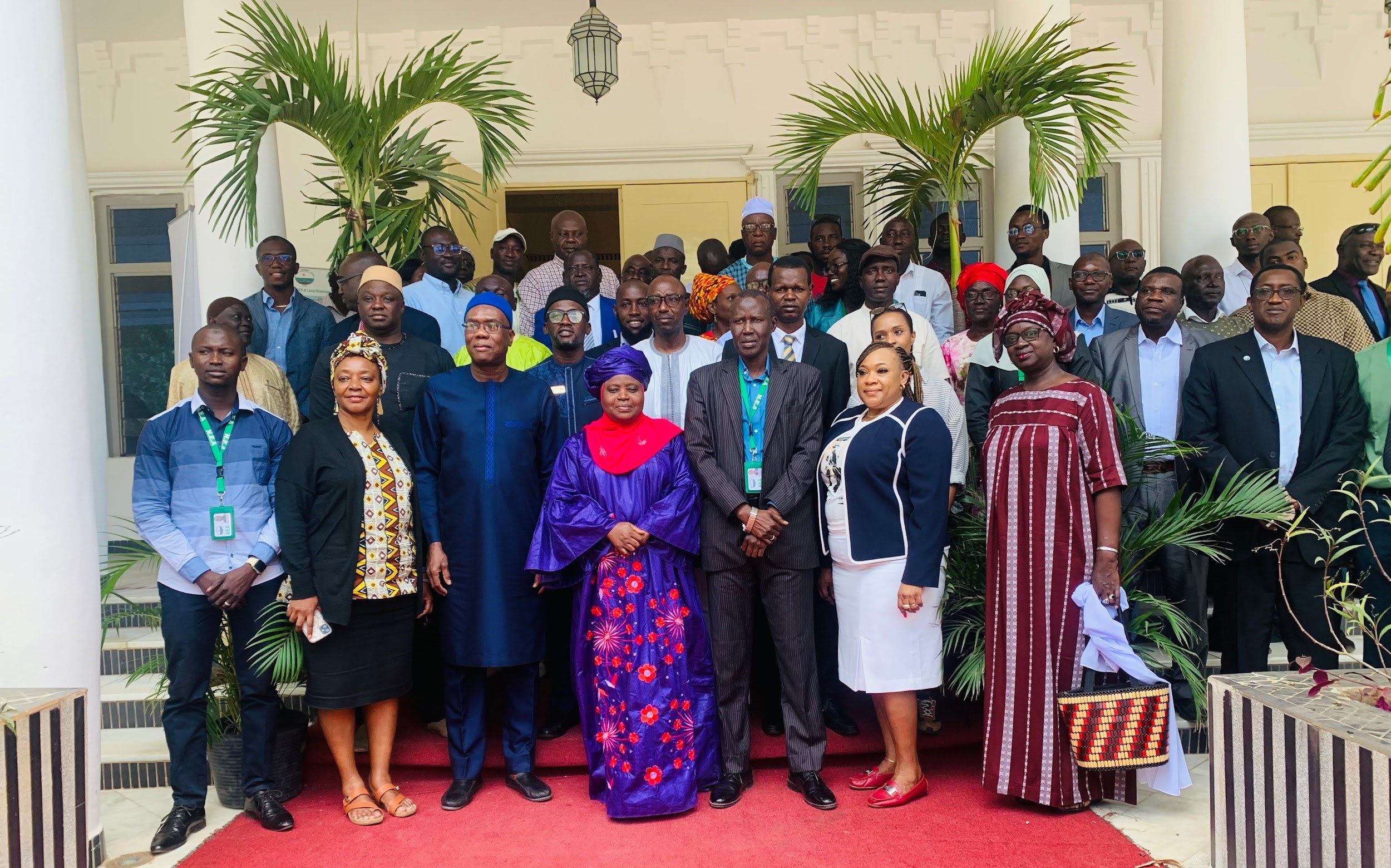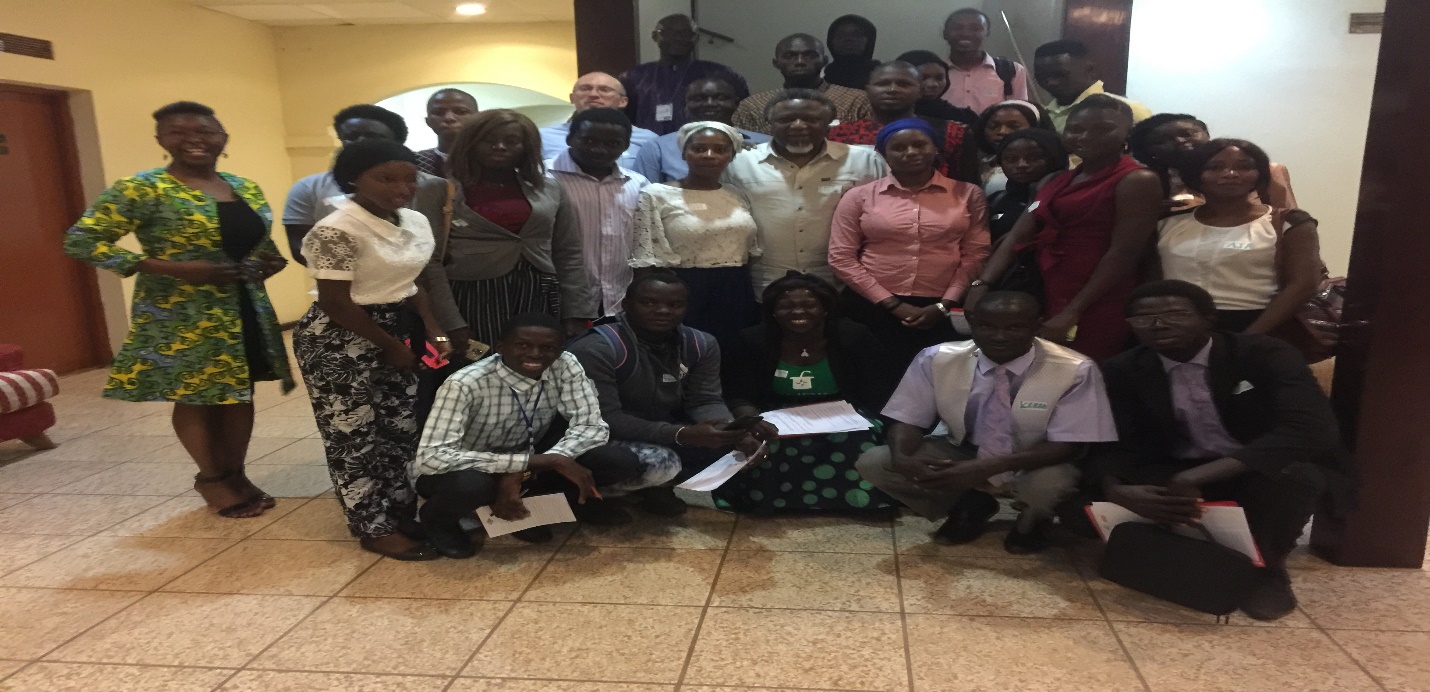The National Environment Agency in collaboration with Global Environment Facility(GEF) organized a two-day multi-stakeholder dialogue on GEF-8 earlier this week to address environmental problems in The Gambia.
The two-day dialogue was staged at the Coco Ocean Resort Hotel, bringing together environmental experts, heads of government, Non Governmental institutions, and representatives of the GEF secretariat.
The dialogue aimed to disseminate the new programming direction and policies of GEF-8 to all stakeholders and identify potential projects in line with the country and GEF priorities.
Speaking during the opening ceremony, Hon. Rohey John Manjang, Minister of environment and climate change said the dialogue is timely and its importance cannot be over-emphasized.
“Taking into consideration the increasing rate of environmental degradation coupled with the adverse impacts of climate change and loss of biodiversity which is threatening food security and health of our population,” she added.
She went further saying that the dialogue is a strategic tool to promote the integration of global environmental concepts into national strategy and policy formulation, accounting, and regular procedures.
“At the end of this workshop, we expect to understand the new programming direction and policies of GEF-8, which will guide us in the identification of potential projects in line with GEF priorities and our national development blueprint,” she expressed.
She promised that her ministry will continue to create an enabling environment and a level playing ground for all stakeholders and international development partners to ensure that the benefits of GEF projects are maximised.
Also, Dr. Dawda Badjie, director of the National Environment Agency, said that studies show that Climate earth’s fundamental life support systems are being threatened and affected majorly by human activities.
“Degrading of the ecosystem has led to loss and even extension of seasons of all kinds globally which causes a threat to the supply of food, water, medicine, and other essential needs,” Badjie added.
Addressing environmental issues, he said Global warming due to emissions, increase in the rate of desertification, pollution of water, and poor waste management has threatened the quality of water and agricultural productivity from a global dimension.
He pointed out that The Gambia has played a significant role in the global arena for all of the above issues and that the country is a family committed to tackling problems caused by diversity conservation, land degradation, and climate change.
Dr. Badjie further said the global environment facility(GEF) provides partial funding for programs and projects in eligible countries that strive towards goals that are stated in each of the conventions. The Gambia, having signed the convention, is eligible to benefit from GEF’s support.
The Gambia received funding through the GEF to support our national development projects, the most recent allocation to The Gambia by GEF-8 amounts to 12 million US dollars which will support our environmental challenges in the areas of climate change, land degradation, and biodiversity loss, he revealed.
Ibrahima Sow, representative of the Global Environment Facility (GEF) said, the dialogue is a means of providing support and assistance to The Gambia in deciding how to optimise the use of resources available through the facility.
“The dialogue will also help to engage relevant national stakeholders and line ministries in the planning process to identify national priorities for GEF support and to develop ideas for new projects,” he added.
He went on to say GEF-8 is characterized by replenishment reaching 5.33 billion dalasi despite an unfavorable environmental situation.
GEF is a global funding window and was established in 1991 to fund national cooperation and finance action to address critical threats to the global environment.




